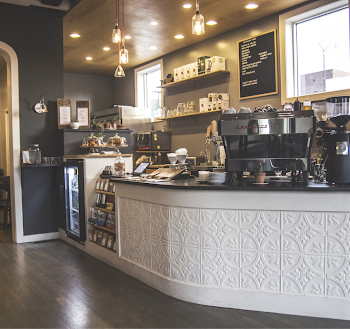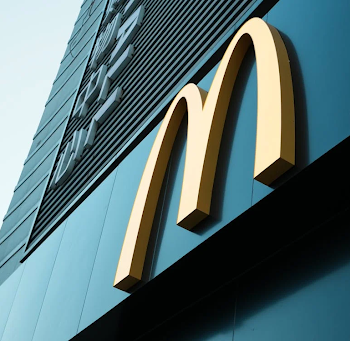Efficient kitchen operations are crucial to delivering exceptional dining experiences. A well-organized kitchen not only maximizes productivity but also ensures high standards of food safety and quality. As restaurants face increasing pressure to meet the demands of customers and maintain profitability, it’s essential to focus on strategies that streamline workflows, enhance communication, and promote teamwork among kitchen staff. In this article, we’ll explore four effective ways to ensure that your restaurant kitchen operations run smoothly, allowing you to serve delicious meals consistently and keep your patrons coming back for more.
The Importance of Building Maintenance
Building maintenance plays a pivotal role in the overall efficiency and safety of restaurant operations. A well-maintained establishment not only provides a pleasant dining atmosphere for customers but also directly impacts kitchen efficiency. Regular inspections and maintenance of equipment, plumbing, and electrical systems are essential to prevent breakdowns that could disrupt service. Moreover, a clean and well-cared-for environment enhances the restaurant’s reputation and can lead to positive reviews, further attracting customers.
By investing time and resources into regular maintenance, restaurant owners can address potential hazards before they become larger problems, ensuring the safety of both staff and patrons. This proactive approach not only protects the well-being of everyone involved but also contributes to the long-term success and sustainability of the business. From blocked drains to malfunctioning equipment, addressing maintenance issues promptly can prevent costly repairs and downtime down the road. Professionals can also provide valuable insights and recommendations for improving the functionality of kitchen equipment, leading to increased efficiency and productivity.
Streamlining Kitchen Workflows
Optimizing kitchen workflows is key to enhancing efficiency and reducing the likelihood of errors. One way to achieve this is by implementing a systematic layout that minimizes unnecessary movements during food preparation and service. By strategically placing equipment and supplies within reach, kitchen staff can work more swiftly and efficiently, allowing for quicker meal preparation and service times. Regularly reviewing and adjusting workflows based on peak hours can also help identify areas for improvement.
Another effective strategy is to adopt standard operating procedures (SOPs) for each task in the kitchen. These SOPs provide a clear framework for staff to follow, reducing ambiguity and ensuring consistency in food preparation and presentation. Training employees on these procedures not only boosts their confidence but also fosters a culture of accountability and teamwork, ultimately leading to a more harmonious kitchen environment.
Enhancing Communication
Clear communication is vital for the smooth functioning of restaurant kitchens. By establishing open lines of communication among kitchen staff, including chefs, line cooks, and servers, everyone becomes aware of individual responsibilities and current workload. Regular team meetings can facilitate these discussions, allowing staff to share insights, address concerns, and implement feedback. This collaborative environment reinforces a sense of unity and encourages a shared commitment to quality service.
Leveraging technology can significantly enhance coordination. Tools such as kitchen display systems or messaging apps can help streamline communication by providing real-time updates on orders and kitchen status. By reducing potential misunderstandings and ensuring everyone is on the same page, restaurants can maintain an efficient workflow, leading to quicker service and improved customer satisfaction.
Fostering Teamwork
Building a strong team culture within the kitchen is essential for success. Encouraging collaboration among staff can create a more supportive and dynamic environment, which ultimately benefits the entire restaurant. Team-building activities, both in and out of the kitchen, can help strengthen relationships and improve morale, leading to enhanced teamwork during high-pressure situations.
Promoting a culture of mutual respect and acknowledgment can boost team cohesion. Recognizing and celebrating individual achievements fosters motivation and encourages staff members to support one another. When employees feel valued and part of a cohesive team, they are more likely to engage in proactive communication and assist each other, ultimately enhancing kitchen productivity and delivering exceptional dining experiences for customers.
By prioritizing building maintenance, streamlining workflows, enhancing communication, and fostering teamwork, restaurant owners can ensure that their kitchen operations run smoothly. These strategies not only contribute to a more efficient and safe working environment but also improve the overall dining experience for customers. By continuously evaluating and improving processes in the kitchen, restaurants can stay ahead of the competition and maintain long-term success in the highly competitive food industry.



